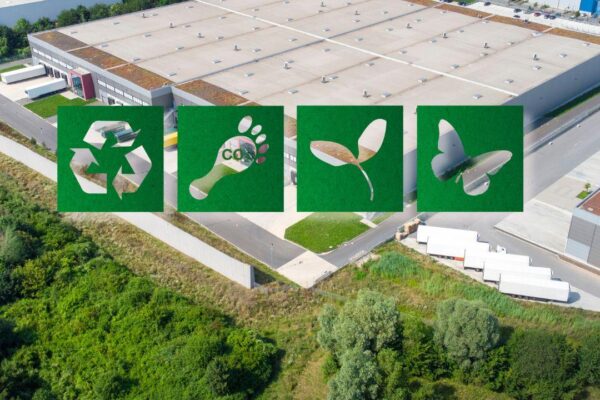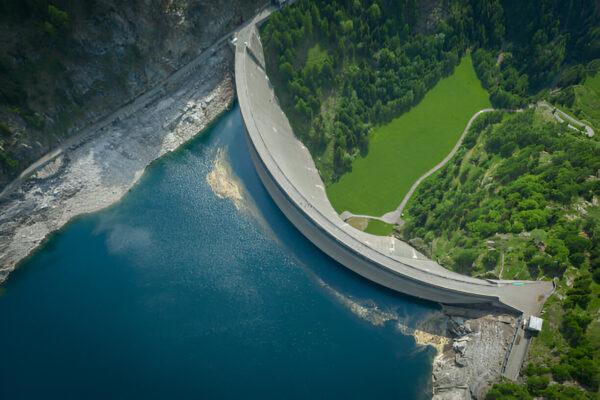The carbon market has emerged as a pivotal mechanism in addressing climate change while offering new avenues for economic growth. By enabling the trading of carbon credits, it provides businesses with financial incentives to reduce greenhouse gas (GHG) emissions.
Read More: Carbon Markets Trend Among ASEAN Countries
According to the World Bank’s State and Trends of Carbon Pricing 2023 report, the global carbon market generated over $95 billion in revenue, underscoring its significant economic potential. This article explores how the carbon market fosters a sustainable future by discussing its role, benefits, challenges, and prospects from both environmental and business perspectives.
Table of Contents
ToggleWhat is Carbon Market?

According to The United Nations Development Programme (UNDP) Carbon markets are trading systems in which carbon credits are sold and bought. To hold a carbon market, it can be operated through two main mechanisms, namely compliance markets and voluntary markets.
For the compliance market, these are regulated by mandatory national, regional, or international carbon reduction regimes. For example, the European Union Emissions Trading System (EU ETS) remains the largest compliance carbon market globally, covering more than 40% of the EU’s greenhouse gas emissions.
For the voluntary market, companies and individuals purchase carbon offsets on a voluntary basis to compensate for their emissions. The voluntary carbon market (VCM) reached a valuation of $2 billion in 2023 and is projected to grow to $50 billion by 2030, according to McKinsey & Company.
Environmental Benefits
The carbon market has several benefits, and mainly its benefit on the environment. In this case, the carbon market plays a vital role in achieving global climate targets. By assigning economic value to carbon emissions, it incentivizes the adoption of sustainable practices.
Revenue from carbon credits often funds the promotion of renewable energy projects. For example, India’s renewable energy sector received $3 billion in carbon finance between 2015 and 2022, leading to the installation of over 10 GW of clean energy capacity. The environmental benefits of carbon markets demonstrate their potential in aligning corporate goals with broader climate action objectives.
Economic Benefits
Not only its benefit on the environment, the carbon market also offers substantial economic advantages for companies. Instead of investing heavily in new technology to reduce emissions, companies can purchase carbon credits. This flexibility lowers the overall cost of meeting emission reduction targets. For example, Shell reported savings of up to $100 million annually by leveraging carbon trading in its global operations.
Beside it, companies investing in carbon reduction projects can sell surplus carbon credits, creating additional revenue streams. Especially now financial institutions are increasingly offering favorable terms to companies with robust carbon management strategies. These economic incentives position the carbon market as a critical tool for sustainable business growth, aligning profitability with environmental stewardship.
Challenges of Carbon Market
Despite its benefits on the environment and economic aspect, the carbon market faces several challenges that need to be addressed. Such as market integrity and transparency to price volatility.
In relation to market integrity and transparency, concerns over the credibility of certain carbon offset projects have arisen. The Voluntary Carbon Markets Integrity Initiative (VCMI) emphasizes the need for robust verification standards to prevent greenwashing. Along with this, the price volatility in carbon credit are subject to fluctuations. For example, EU ETS prices ranged from €5 per ton in 2017 to over €100 per ton in 2023. Such volatility can impact long-term planning for businesses.
Addressing these challenges is essential to maximize the carbon market’s effectiveness in promoting sustainable practices.
The Future of the Carbon Market
Looking ahead, the carbon market is poised for significant expansion and evolution. One of the opportunities of the carbon market lies in blockchain technology. Digital carbon market on blockchain technology is being explored to enhance transparency and traceability in carbon trading. Companies like Toucan Protocol are pioneering blockchain-based carbon credits.
In relation to corporate initiatives, the carbon market has a potential to support the corporate net-zero strategies. A growing number of corporations are committing to net-zero emissions. According to Net Zero Tracker, over 1,500 companies globally had set net-zero targets by the end of 2023, with carbon markets playing a key role in their strategies. Countries in Africa, Latin America, and Southeast Asia are developing carbon markets. For instance, Indonesia launched its carbon exchange in 2023, potentially becoming a major player in the Asia-Pacific region.
The carbon market represents a transformative approach to achieving a sustainable future. By combining environmental responsibility with economic incentives, it creates a win-win scenario for businesses and the planet. With the global carbon market projected to grow exponentially its role in driving sustainable development cannot be overstated. Especially for business, now we have Satuplatform.com as all-in-one solution who provides you with carbon consultancy. Try our FREE DEMO now!
Similar Article
Low GHG Emission, High Impact: Everyday Materials That Could Reshape Green Manufacturing
The shift toward sustainable production practices has spurred growing interest in low-carbon materials that support greener industrial processes. Emerging materials,…
Does “Eco-friendly” Labels Mean Green Product in Green Industry?
Businesses and consumers alike are navigating a flood of products claiming to be “eco-friendly” or “green.” These labels, often used…
Dilema Biomassa: Transisi Energi Berkelanjutan atau Perusakan Lingkungan?
Dalam upaya mencapai target net-zero emission pada 2060, Indonesia mendorong transisi energi dari bahan bakar fosil ke sumber energi terbarukan.…
Energi Terbarukan di Indonesia: Mengapa Surya dan Hidro Menjadi Pilihan Utama?
Sebagai negara kepulauan terbesar di dunia, Indonesia menghadapi tantangan besar dalam memenuhi kebutuhan energinya. Di tengah komitmen untuk mencapai net…
Emisi Karbon Penerbangan Meningkat: Tantangan Baru bagi Industri Aviasi
Emisi Karbon Sektor Penerbangan Setelah mengalami penurunan drastis selama pandemi COVID-19, industri penerbangan global kini menunjukkan pemulihan yang signifikan. Namun,…
Adaptasi Bisnis di Era Krisis Energi
Pasokan bahan bakar menjadi semakin terbatas, dengan harga yang melambung tinggi, merupakan salah satu bukti bahwa dunia sedang mengalami krisis…







